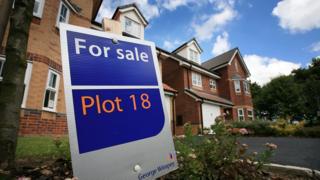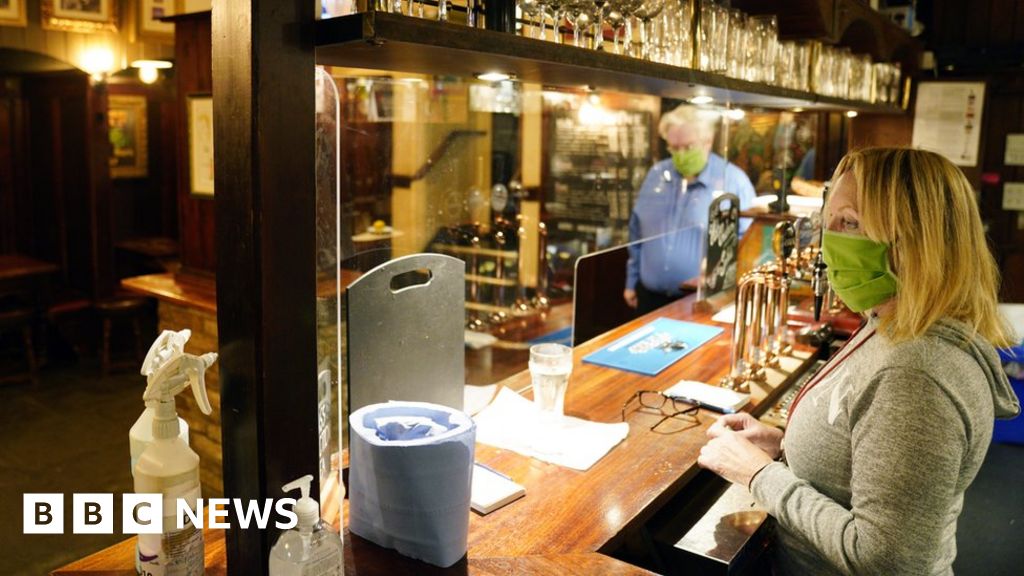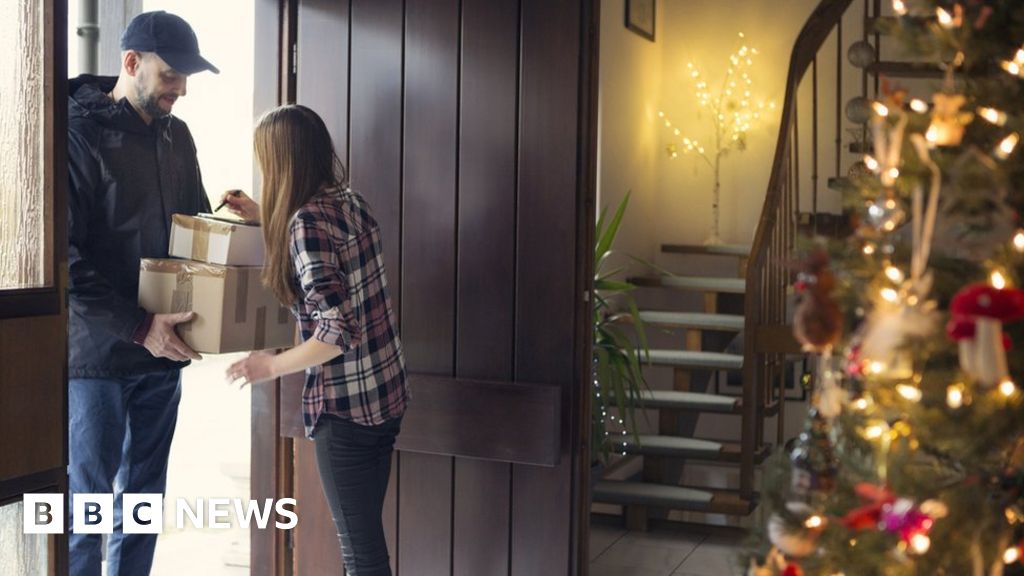 Image copyright
Getty Images
Image copyright
Getty Images
Four of the UK's largest housebuilders are being investigated after "troubling evidence" was uncovered over the way leaseholds were sold.
Barratt Developments, Countryside Properties, Persimmon Homes and Taylor Wimpey face action from the Competition and Markets Authority (CMA).
Buyers have argued that they were caught in a leasehold trap, with rising ground rents and unfair fees.
The CMA has demanded information from the developers and could go to court.
Andrea Coscelli, chief executive of the CMA, said: "It is unacceptable for housing developers to mislead or take advantage of homebuyers.
"Everyone involved in selling leasehold homes should take note: if our investigation demonstrates that there has been mis-selling or unfair contract terms, these will not be tolerated."
The watchdog said there was troubling evidence of potentially unfair terms and mis-selling.
The difference between a freeholder and a leaseholder
Someone who owns a property outright, including the land it is built on, is a freeholder.
With a leasehold, the person owns a lease which gives them the right to use the property. But they still have to get their landlord's permission for any work or changes to their homes.
When a leasehold flat or house is first sold, a lease is granted for a fixed period of time, typically between 99 and 125 years, but sometimes up to 999 years - although people may extend their lease or buy the freehold.
But leasehold house owners are often charged expensive ground rent as well as fees if they want to make changes to their homes. A leasehold house can also be difficult to sell.
What is the scandal about?
Millions of properties in England have been sold as leaseholds, with the buyer getting a mortgage to live in the property, but also having to pay ground rent to the owners of the freehold.
Buyers of new homes discovered that they were tied into contracts that saw ground rents become hugely more expensive, with the freehold sometimes having been sold on to a third-party.
Some also faced large fees when they planned to add an extension to their property or even basic home improvements.
It prompted campaigners to describe the situation as "fleecehold", with an estimated 100,000 people affected.
Image copyright PA MediaThe CMA has found that some some leasehold buyers were being hit with ground rents that doubled every decade, and said that others were wrongly told that they were unable to buy the freehold on a site.
The watchdog said it also had concerns over mis-selling, such as pressure being put on potential buyers to complete a house purchase quickly. Some were also told that they would be able to buy the freehold for a small sum, only to later find this cost increase to many thousands of pounds.
This left many people in a position of never being able to sell.
Barratt Developments, one of the four housebuilders named by the CMA, said: "The group is committed to putting its customers first and will continue to cooperate with the CMA whilst it completes its investigation."
What happens next?
The CMA has written to the four developers demanding information about how they operated. It is also telling other firms to review their policies.
The watchdog is investigating certain firms who bought freeholds from these developers and have continued to use the same "unfair leasehold contract terms".
It could tell firms to change the way they sell leasehold deals, and could go to court. Previously, it has said those affected could be refunded.
It added that it would work with government on plans for the leasehold market, including supporting the move to ban the sale of new leasehold houses and reduce ground rents for new leases to zero.

 5 years ago
889
5 years ago
889 

